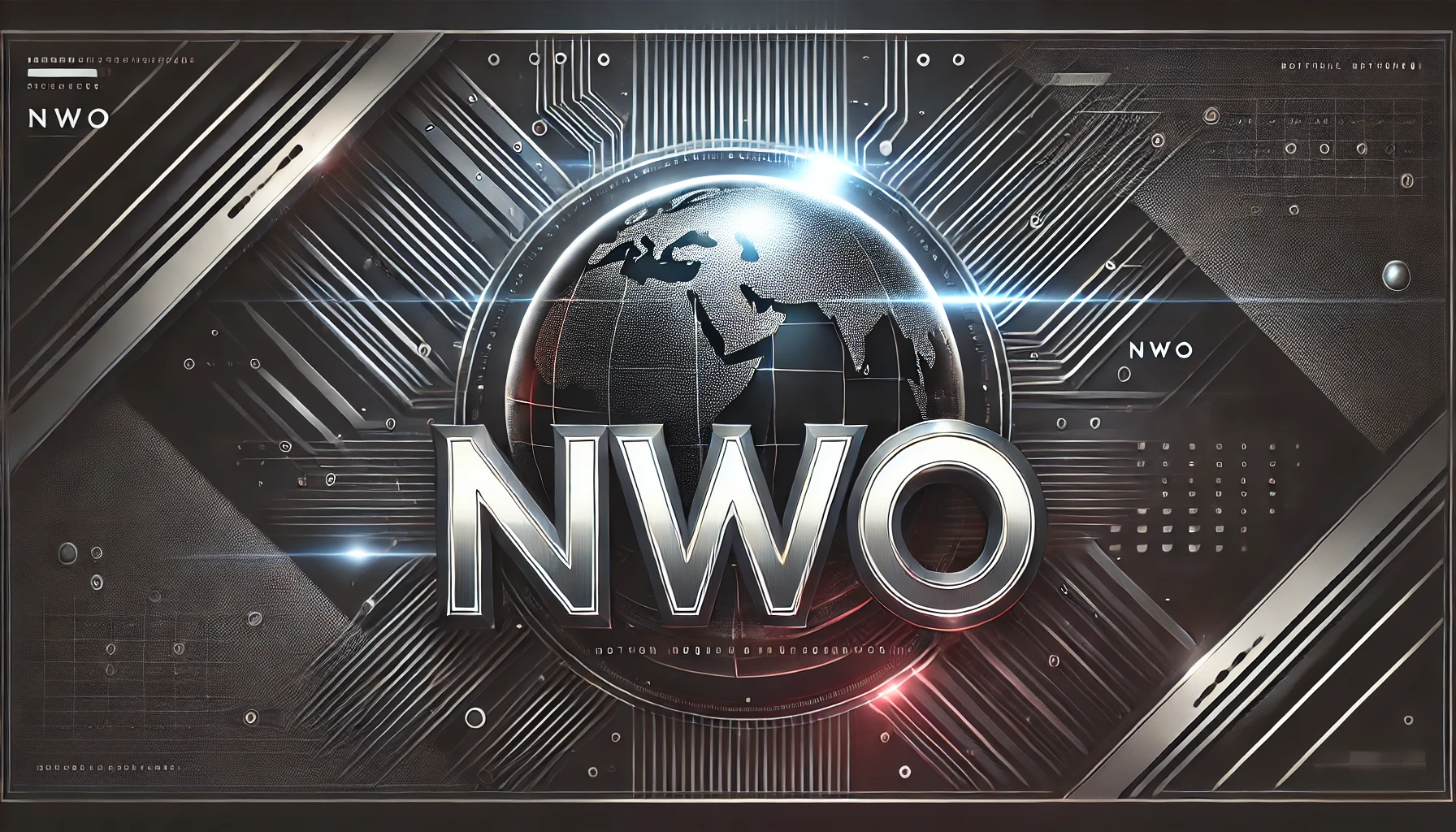
The New World Order Agenda: Climate Change, Carbon Taxes, and the Push for Global Control
The concept of a New World Order has long been a subject of debate, controversy, and even ridicule. However, as we trace the threads of this agenda through various events and public statements, it becomes evident that many of the claims aren’t mere conspiracy theories, but rather a well-documented push toward centralized global governance. One of the most powerful levers for the globalists to achieve this agenda has emerged in recent years: the climate change crisis. With figures like Al Gore, Gordon Brown, and numerous U.N. officials leading the charge, we see how climate change has become the linchpin in the efforts to justify sweeping global reforms—including a carbon tax that aims to reshape how we live, govern, and exist.
Al Gore’s Convenient “Half-Truths”
In 2006, Al Gore’s film An Inconvenient Truth made waves around the world. It was marketed as an urgent and emotional wake-up call about the realities of climate change. The movie’s success prompted millions to rethink the environmental impact of their actions and lifestyles. However, the narrative presented by Gore should be approached with caution, and perhaps skepticism, for it only presented a one-sided perspective of a complex issue. Some have even labeled it as “Convenient Half-Truths” for the way it selectively interprets scientific data while omitting any doubts or criticisms of the broader climate change agenda.
The narrative built around climate change is more than a fight to save the planet—it’s being used as a pretext for increasing central control over humanity. The idea of establishing a worldwide carbon tax has been pushed as a solution, but its implementation would come with far-reaching implications. A carbon tax, after all, does more than reduce emissions; it centralizes authority by giving governing bodies power over carbon consumption and resource allocation, thus leading to greater financial dependency and control.
A New World Order to Save the Environment?
In 2007, British Prime Minister Gordon Brown openly stated that “A New World Order is required to deal with the climate change crisis.” These words offer significant insight into how globalists aim to leverage the climate agenda. The urgency surrounding climate change is used to justify the consolidation of power—away from individual nations and into the hands of international entities such as the United Nations and other influential global bodies. These organizations, it seems, are being positioned as the final arbiters of humanity’s fate, dictating policies that supersede national sovereignty.
The creation of a “New World Order” around climate change doesn’t stop with just the call for cooperation or environmental measures. Gordon Brown’s statement highlights an agenda for a new global governance framework under which nations would no longer act independently to address climate challenges. Instead, a worldwide system would be implemented—one that likely includes international enforcement mechanisms and regulations far beyond the control of individual states.
Al Gore’s Vision of a Global Marshall Plan
Al Gore’s climate advocacy didn’t end with An Inconvenient Truth. In his book Earth in the Balance, Gore outlined a more ambitious plan—what he termed as a “Global Marshall Plan.” He envisioned a world where humanity would rally behind a common agenda, striving to solve issues of poverty, environmental degradation, and societal inequalities through massive global initiatives. Gore asserted that “we are close to a time when all of humankind will envision a global agenda that encompasses a kind of Global Marshall Plan.”
At first glance, this seems like a well-intentioned idea: pooling resources to solve major global problems in a coordinated manner. However, this idealistic rhetoric raises concerns when examined closely. What does it mean for sovereign nations if they are bound by a global plan dictated by international actors? Who decides which countries get the resources, and who are the beneficiaries? The risk here is that the Global Marshall Plan—with its scope and reach—could be a backdoor to implement a system that undermines individual freedoms and imposes regulations, while giving unprecedented control to unelected entities.
The Role of the United Nations and Global Taxation
The United Nations has long been at the center of the New World Order agenda, and climate change has allowed it to expand its reach even further. By pushing for a global carbon tax and promoting the narrative that only coordinated international action can solve the environmental crisis, the U.N. has become a major proponent of centralized global control. The potential for abuse in such a system is staggering: a carbon tax managed at the global level would mean that nations’ economic policies and even citizens’ lifestyles could be subjected to international oversight, all under the guise of “saving the planet.”
While this might be presented as a well-intentioned effort to protect the environment, there is a distinct lack of transparency and accountability when it comes to these globalist bodies. A world carbon tax, once implemented, would not just generate enormous revenue, but would also give substantial power to international organizations that are far removed from the average citizen.
Predictive Programming and the Normalization of Control
It’s important to recognize how the idea of a New World Order has been normalized through what many call “predictive programming.” Whether it is Al Gore’s films, U.N. climate panels, or Hollywood movies depicting dystopian futures, the goal is to make the concept of global governance and centralized control appear inevitable. By presenting the public with these ideas in cultural and entertainment contexts, the masses are gradually conditioned to accept a future where individual sovereignty is relinquished for the supposed good of humanity.
As we witness the rise of these narratives, it’s crucial to ask questions, think critically, and remain vigilant against the efforts to establish a global government. It is one thing to address legitimate environmental concerns, but it’s quite another to exploit these concerns as a means of control.
Conclusion: The Agenda Behind the Climate Crisis
The globalists’ push to establish a New World Order, particularly through the use of climate change and carbon taxation, reflects a much broader agenda of consolidating power. Al Gore, Gordon Brown, and other high-profile figures are not merely advocates for the environment—they are playing their roles in a larger script designed to centralize authority under a global framework. The climate crisis is real, but the solution being offered comes at a cost: our freedom, our autonomy, and our sovereignty.
We must take the warnings of history to heart and understand that well-intentioned promises of a better world can sometimes hide darker ambitions. The New World Order is no longer just a conspiracy theory; it’s an unfolding reality, using the pressing concerns of climate change as its justification. A global response may be needed, but it should not come at the price of unchecked power, loss of national sovereignty, and ultimately, the freedom of humanity itself.





Leave a comment